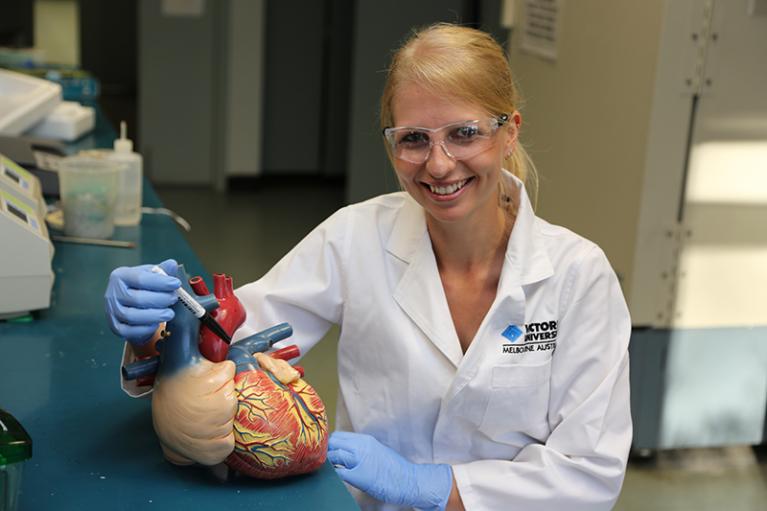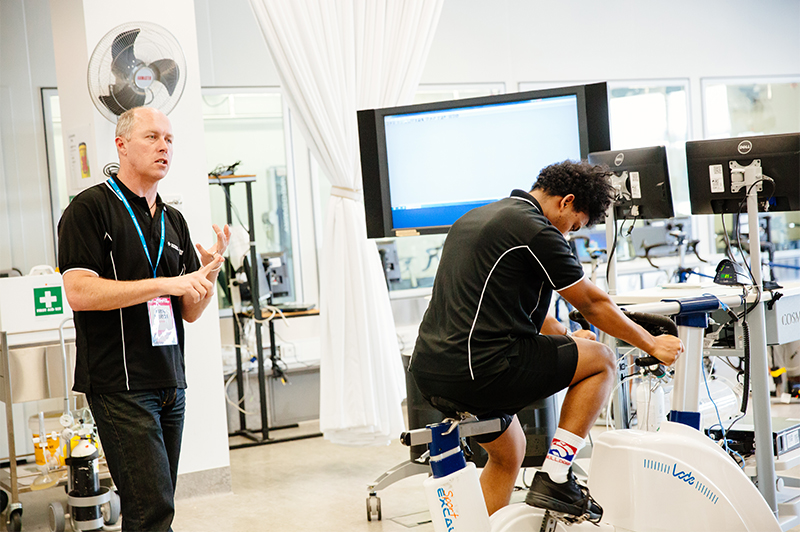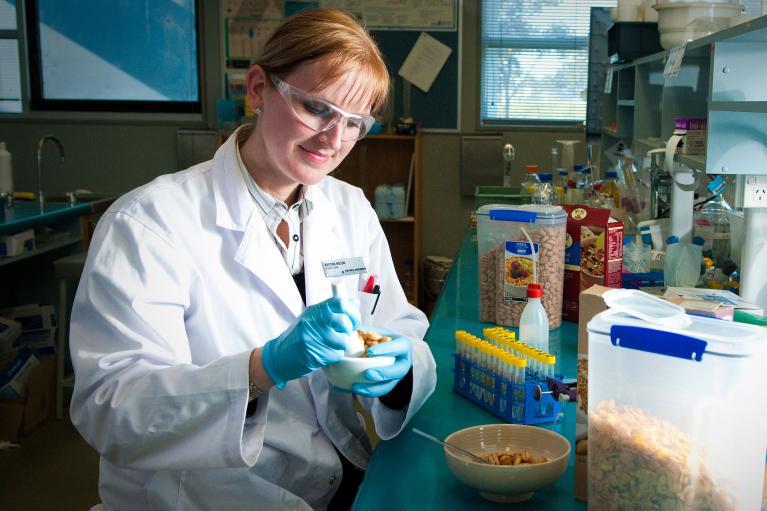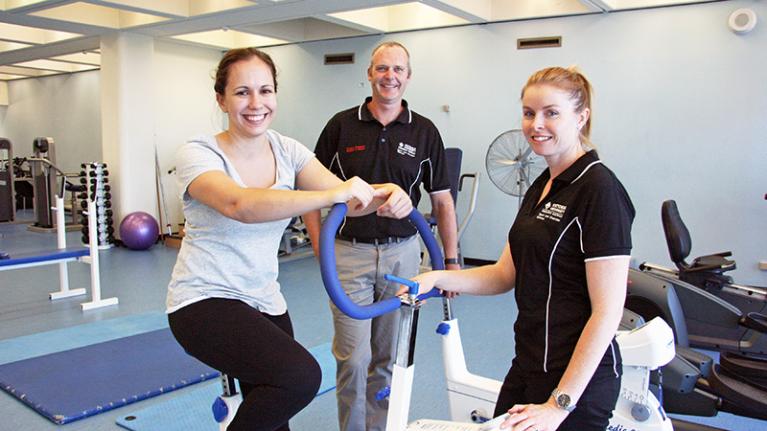Cardio-metabolic & Muscle Disorders
Part of VU's Mechanisms and Interventions in Health and Disease group, the Cardio-metabolic and Muscle Disorders focus area has the following subgroups:

Bone, Muscle & Cardiovascular
The main aim of our group is to improve the clinical outcome, functional capacity and quality of life of people with musculoskeletal disorders and cardiovascular disease.
The group is unique and built around the key strategic direction ‘bench-to-bedside’. It includes three main components:
- basic science/mechanistic research to identify novel drug targets to fight musculoskeletal disorders and cardiovascular disease
- pre-clinical research to test new therapeutic avenues in in vivo models
- clinical research, to uncover the cross-talk between different organs and systems in humans and its implications for disease management, muscle function, and metabolism and functional capacity in people with chronic conditions.
The group brings together a wide variety of disciplines including exercise science, physiology, medicine, cardiology and endocrinology.
Read about the Wellderly Study - targeting bone and muscle for healthy ageing.

Muscle Wasting & Metabolic Diseases
In 2010, the global burden of disease study demonstrated that musculoskeletal disorders are the second-most-common cause of disability worldwide, with estimates of a 45% increase in the last 25 years. This burden is expected to continue to rise with an increasingly sedentary, obese and older population.
These figures do not include death and disability occurring due to muscle wasting conditions. Muscle wasting, be it from muscle diseases such as muscular dystrophy, secondary to almost all chronic diseases, or simply ageing (sarcopenia is the loss of muscle size and strength as we age), is a strong predictor of death and disability. As such, strategies must be explored to maintain and build muscle mass and strength.
Our group has particular focus on muscular dystrophy, chemotherapy-induced wasting, osteosarcopenia and sarcopenic obesity. The aims of this group are to investigate increases in muscle mass and improve muscle function through:
- exercise training
- lifestyle modification
- nutrition manipulation
- pharmaceutical interventions.
We further aim to:
- understand the molecular regulation of skeletal muscle wasting and growth
- manipulate the basic balance of protein synthesis and degradation in skeletal muscles to understand how muscles respond to the interventions used to maximise im pact and minimise side-effects
- determine nitric oxide function and regulation of sodium/potassium ions in response to exercise training
- determine the role of exercise early in life to prevent obesity and development of diabetes.
Results can be applied to multiple chronic/metabolic disease conditions and also lends itself to analysis of current data, development of diagnostic tools and subsequent population health impacts.

Nutrition & Metabolic Health
The research theme of our group is to study the effect of selected micronutrients and dietary interventions on diseases and conditions including obesity, cardiovascular disease and diabetes.
This research includes testing the safety and efficacy of these interventions in clinical trials and exploring the mechanisms through which the beneficial effects are mediated using a range of cell culture and animal experiments.
We have successfully shown how dietary lipids such as omega-3 fatty acids, endocannabinoids and vitamin E tocotrienols alter and improve fat and glucose metabolism and muscle physiology.
We have also shown how plant extracts (Caralluma Fimbriata, Coleus Forskolii, Beetroot, Queen Garnet plum juice) improve cardiovascular disease, dyslipidaemia and appetite satiety signalling, with key application to the treatment of hypertension and hunger management.

Women’s Health
Our group is studying the aetiology of chronic diseases that uniquely impact women, such as Polycystic Ovarian Syndrome (PCOS), which adversely impacts metabolic, reproductive and mental health.
We focus on benchtop work in metabolic tissues like skeletal muscle and fat to explore mechanisms of insulin resistance.
We also use lifestyle (diet, exercise and behaviour-change) therapy with the aim of exploring the impacts on clinical features and mechanisms of action in improving clinical best practice. This is achieved via additional activities in evidence synthesis and guideline development to inform lifestyle recommendations.
Read about the FIREx study into insulin resistance in women with and without PCOS.
